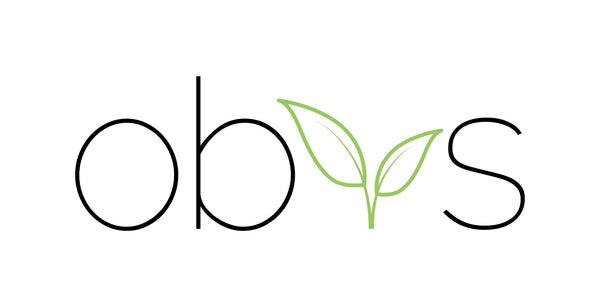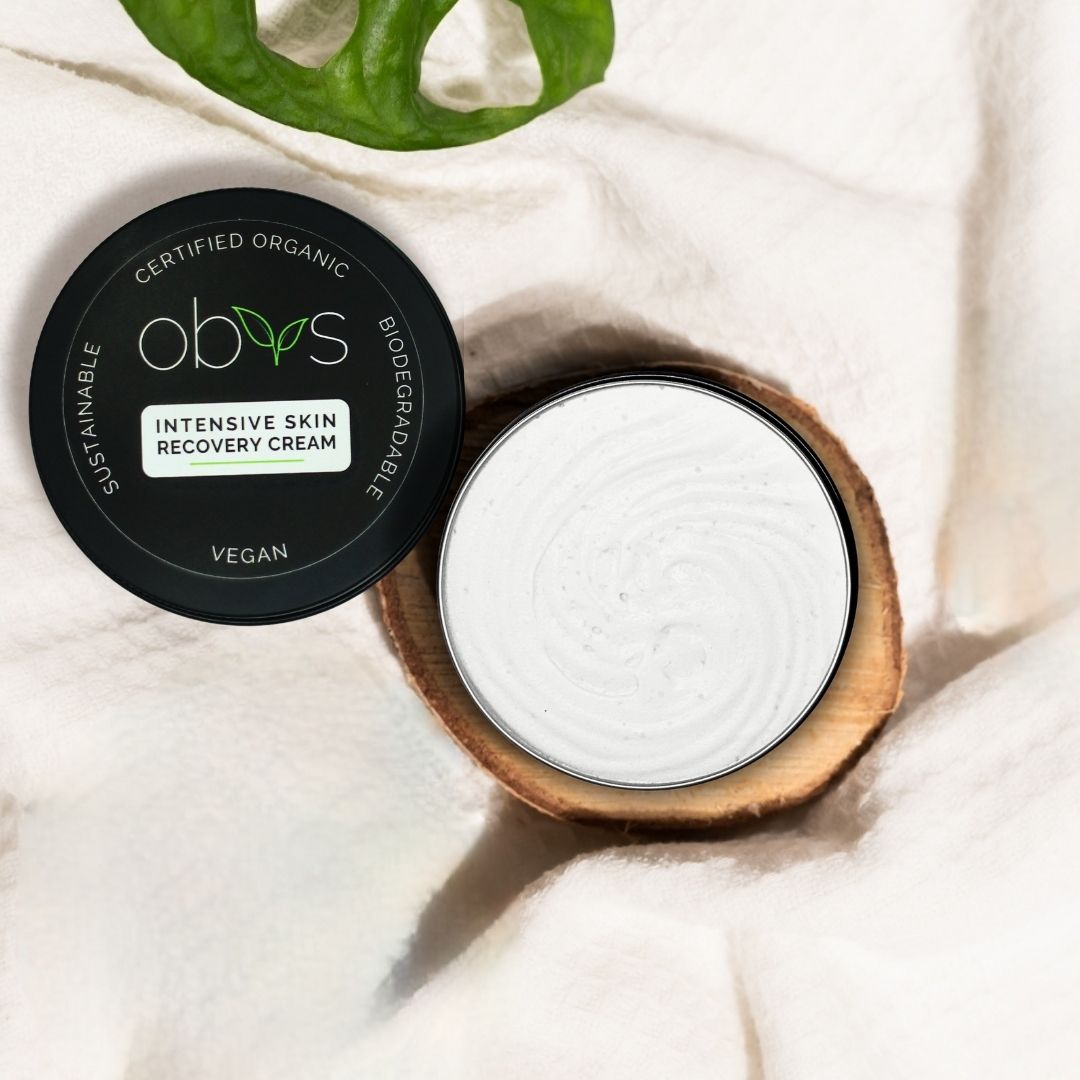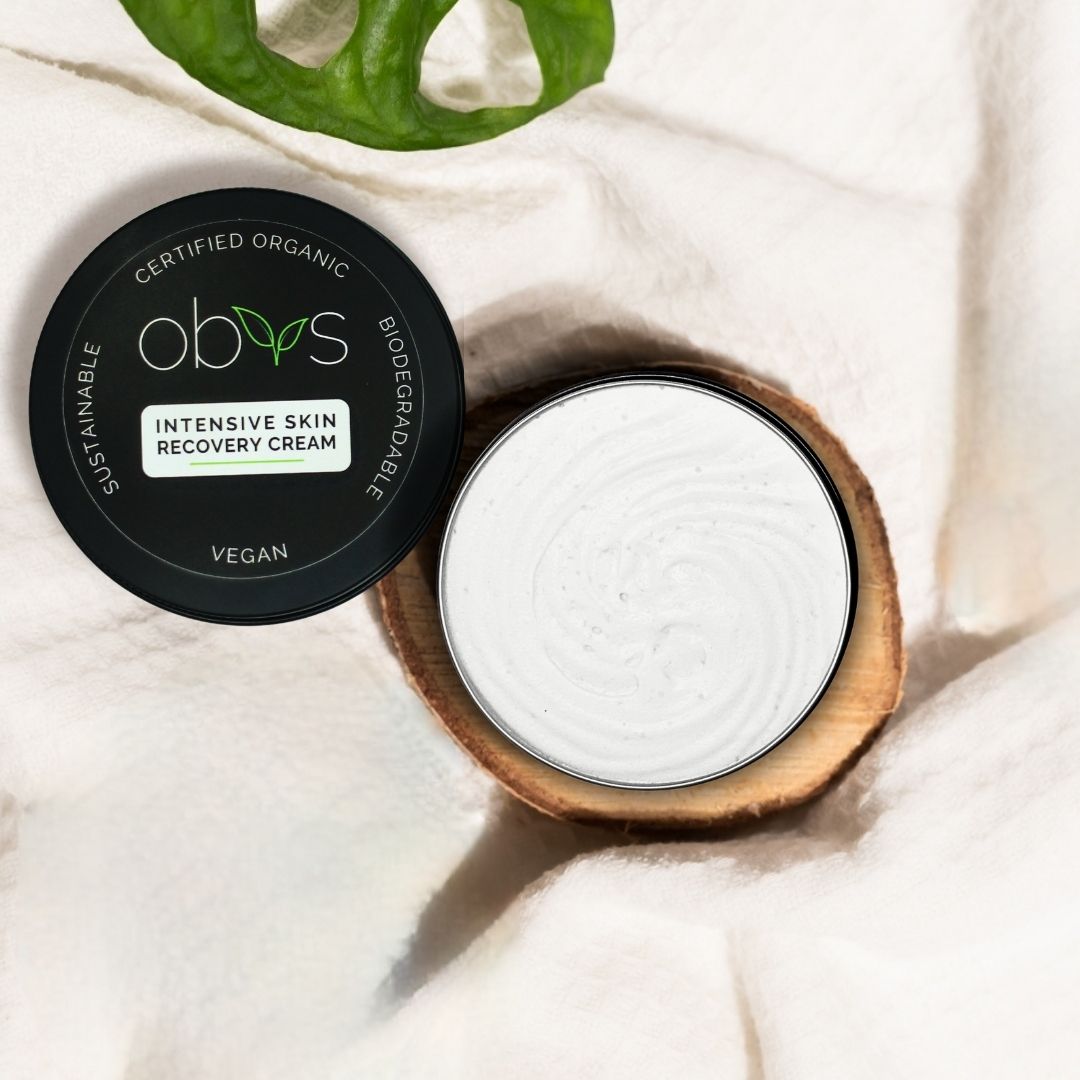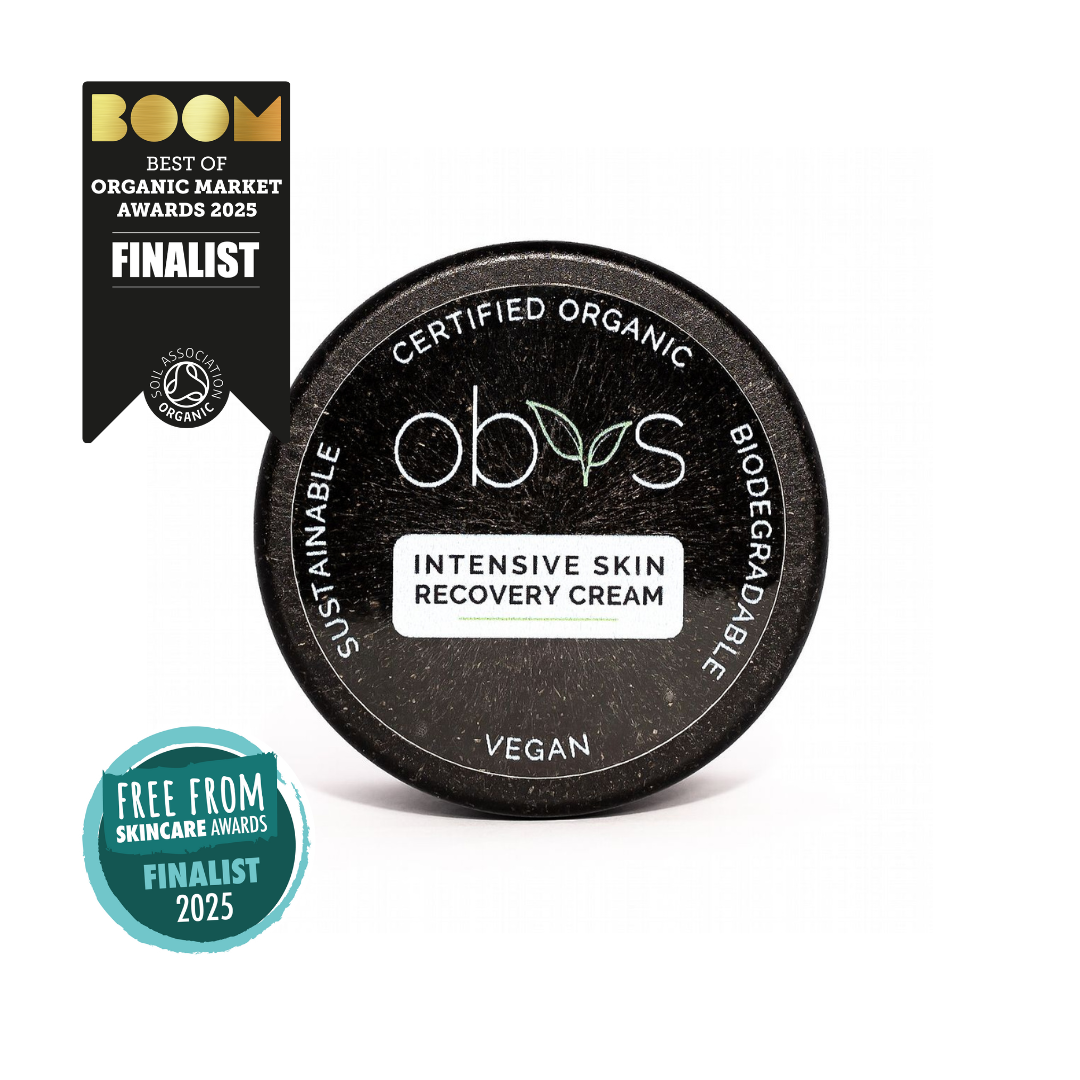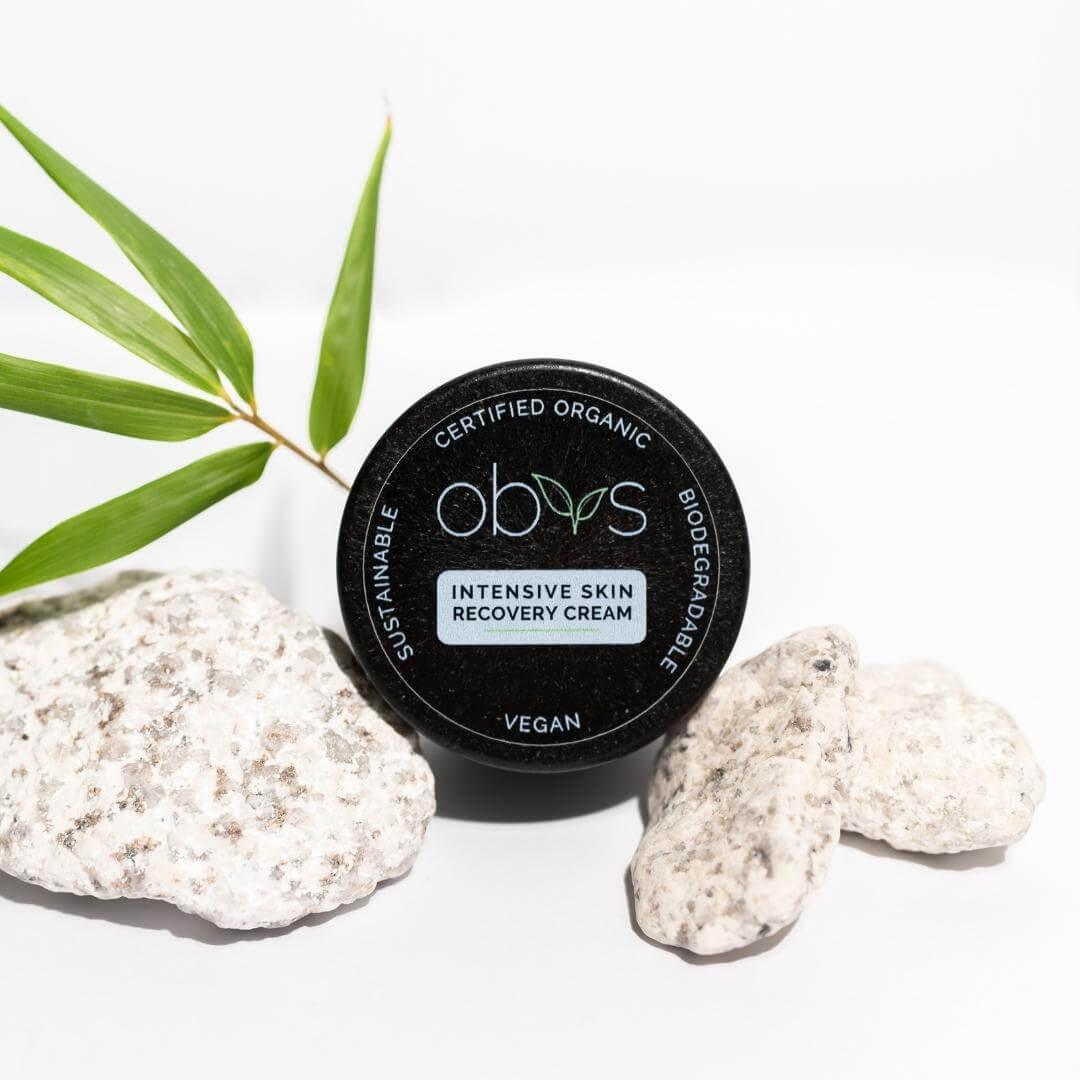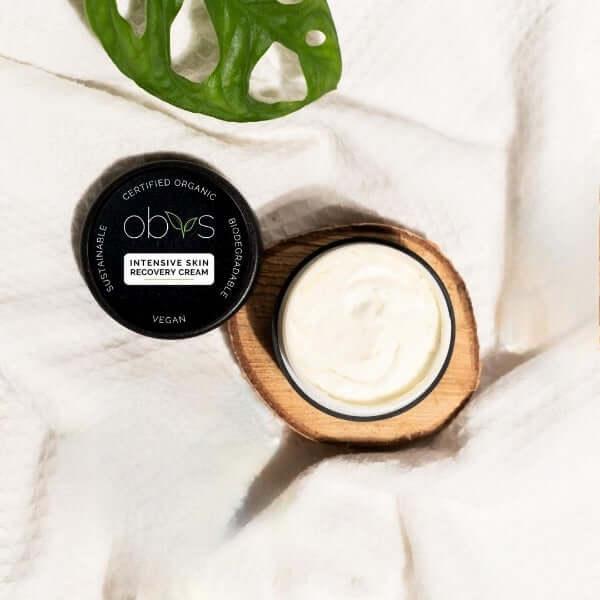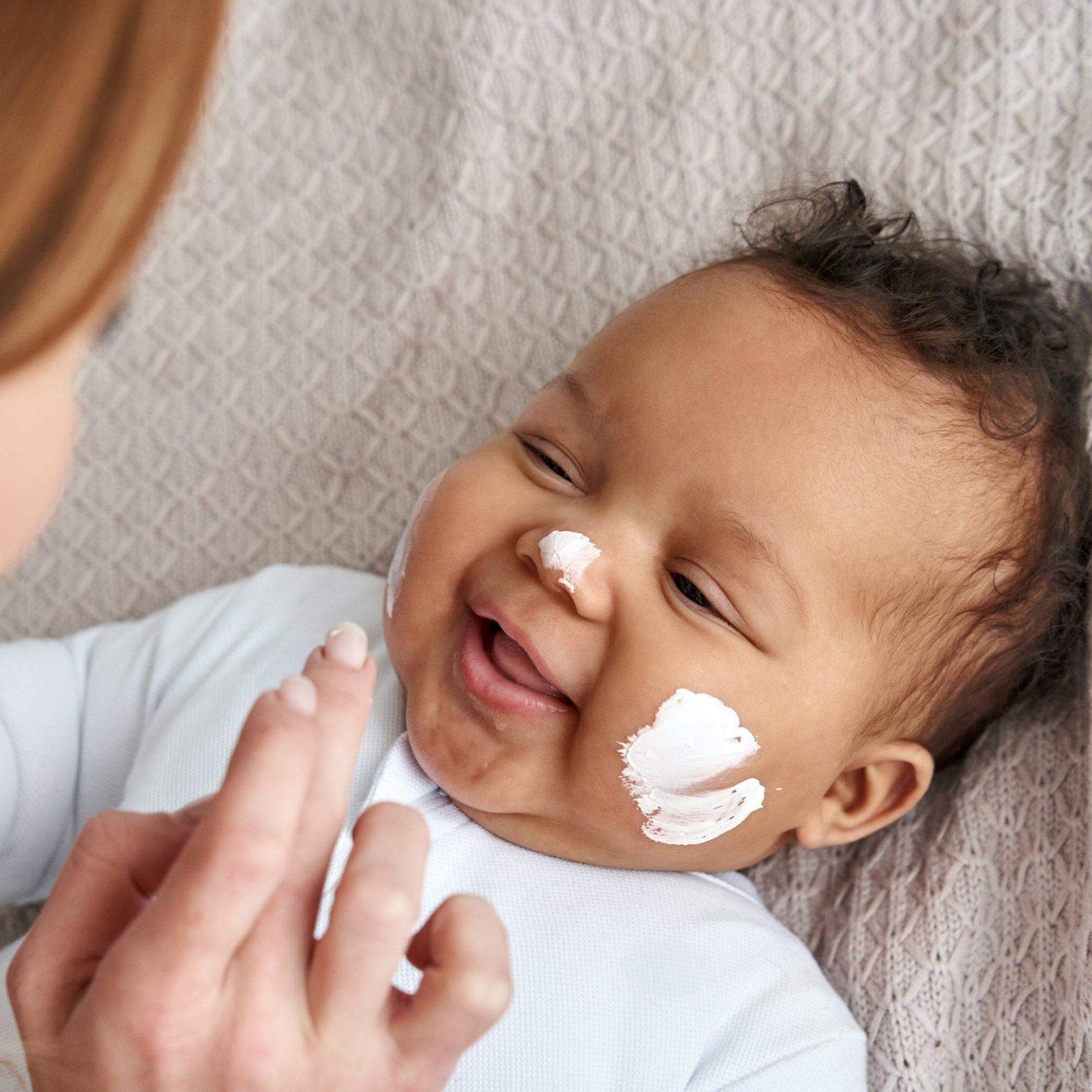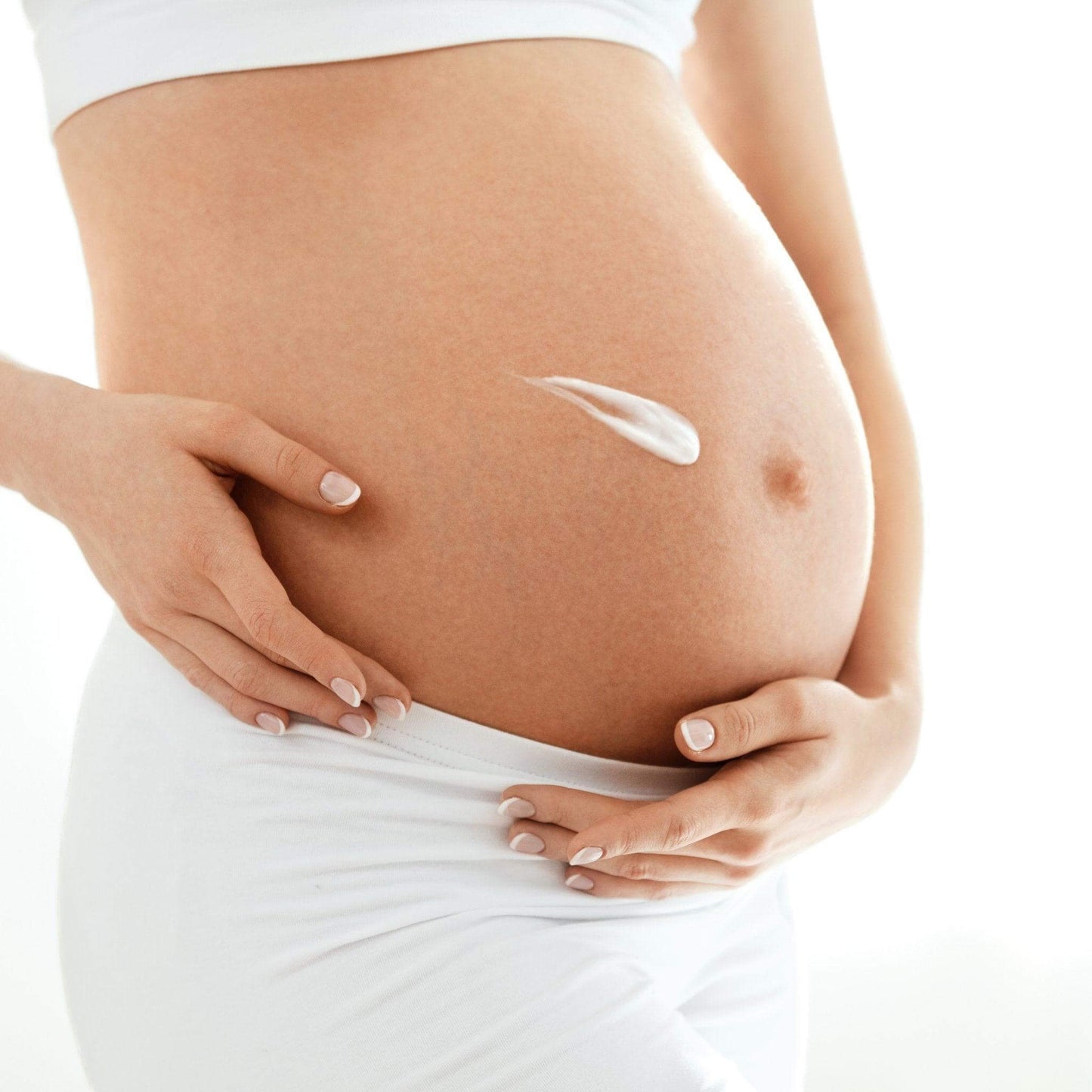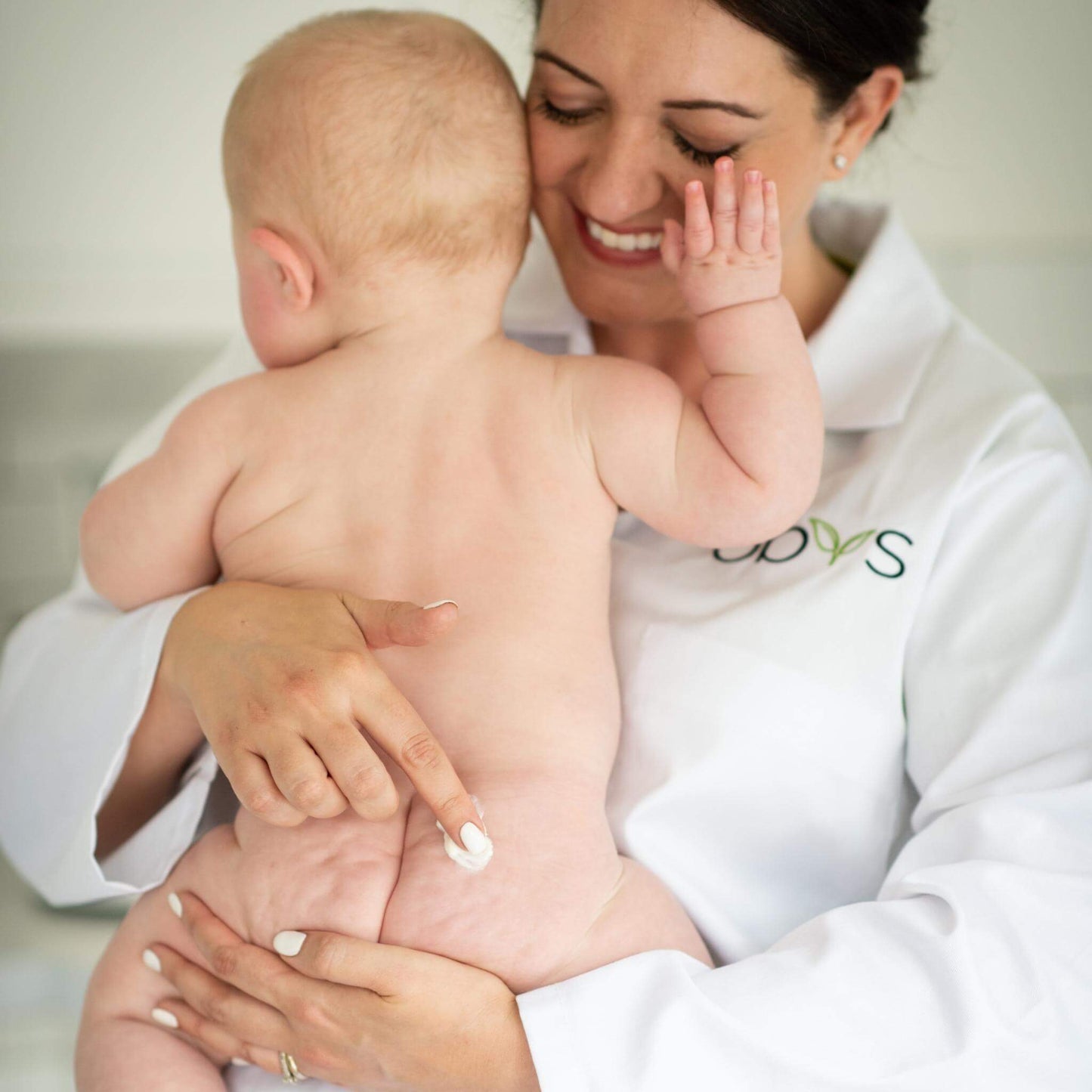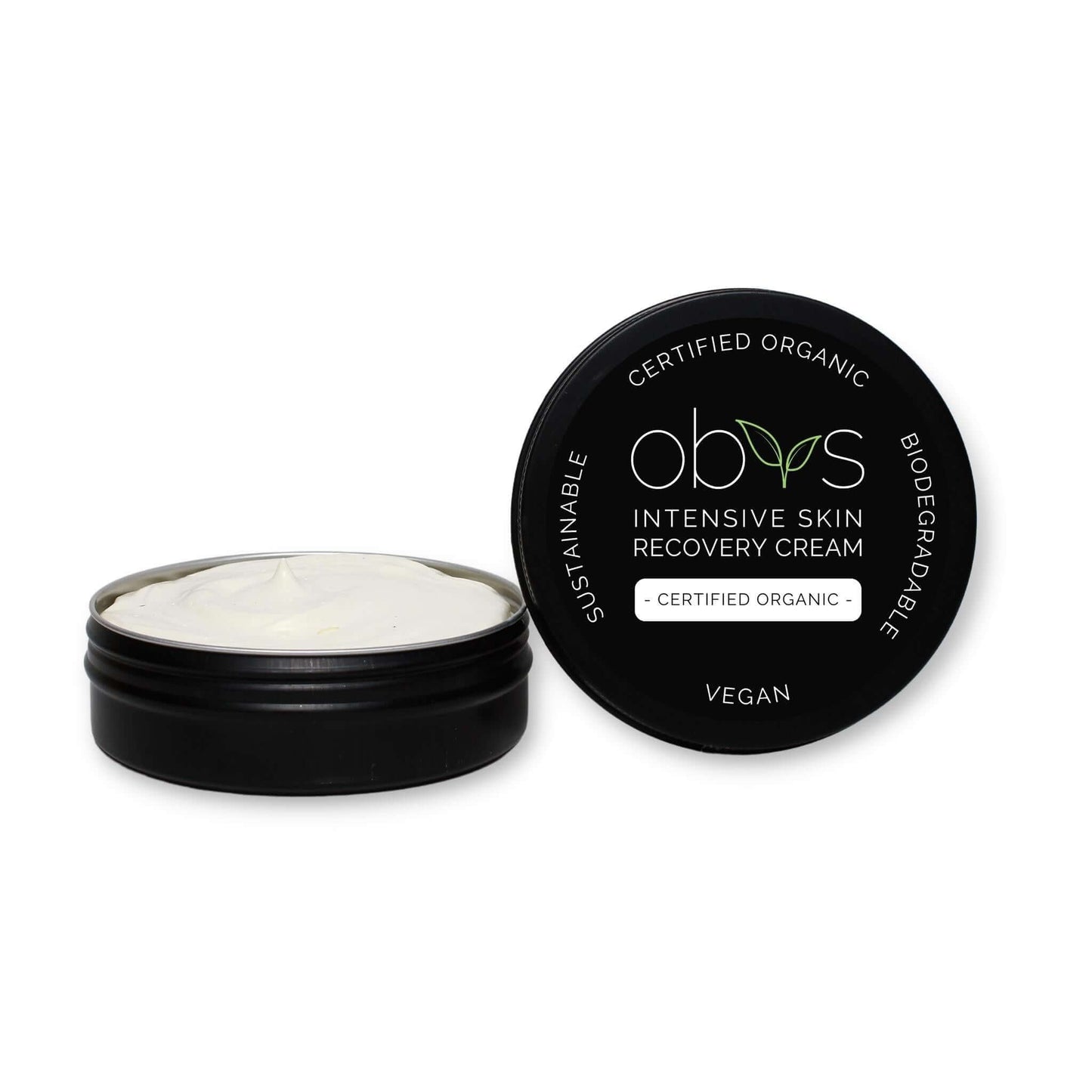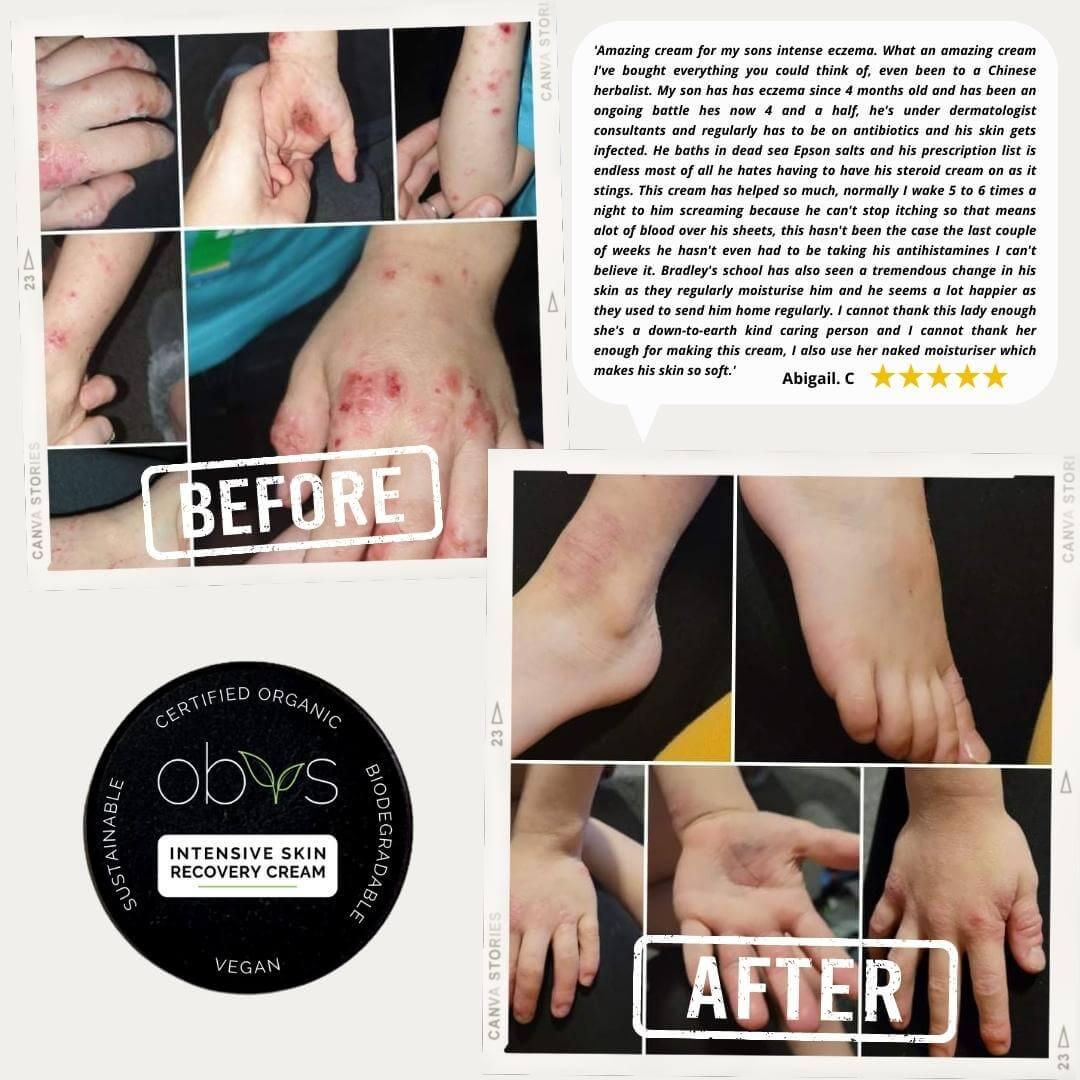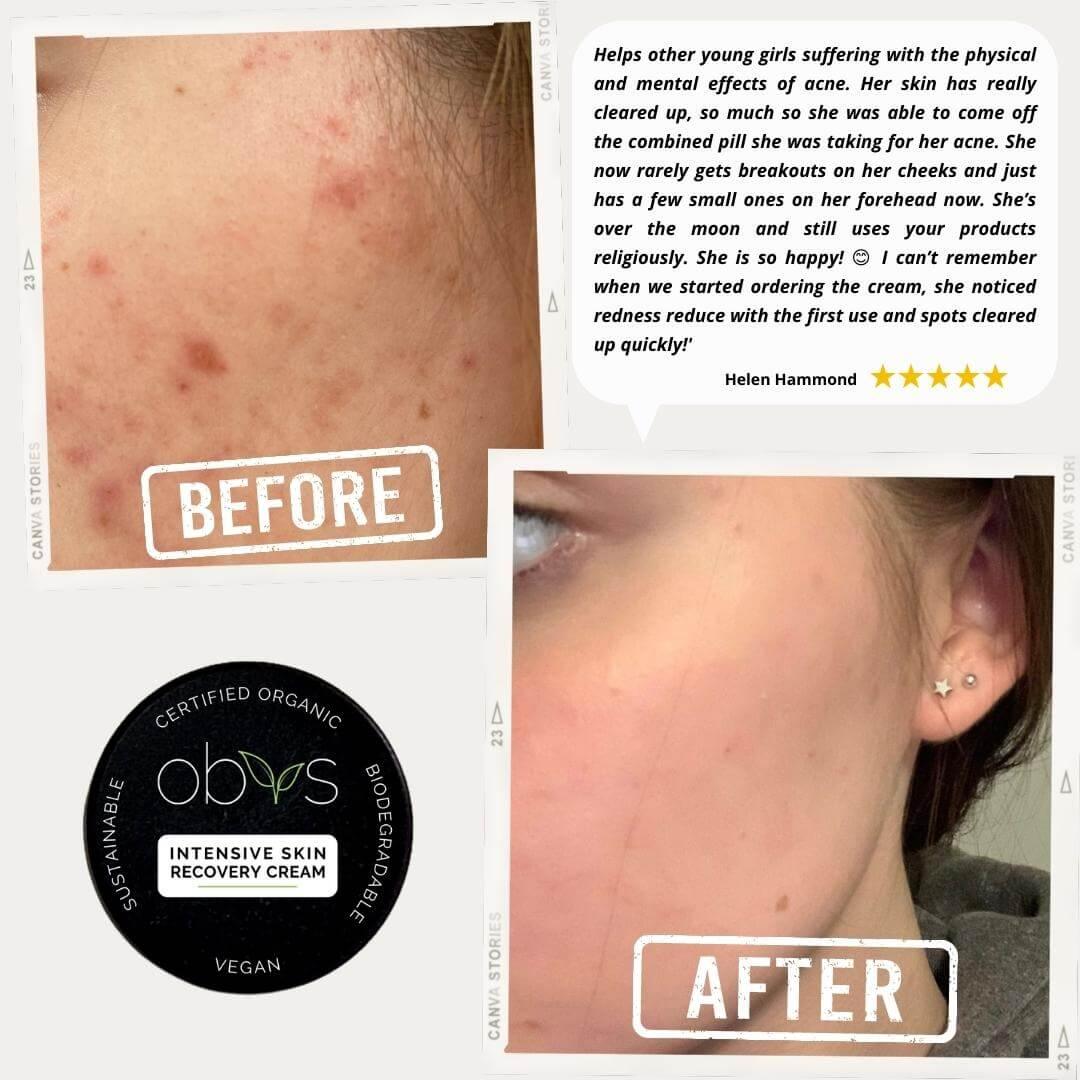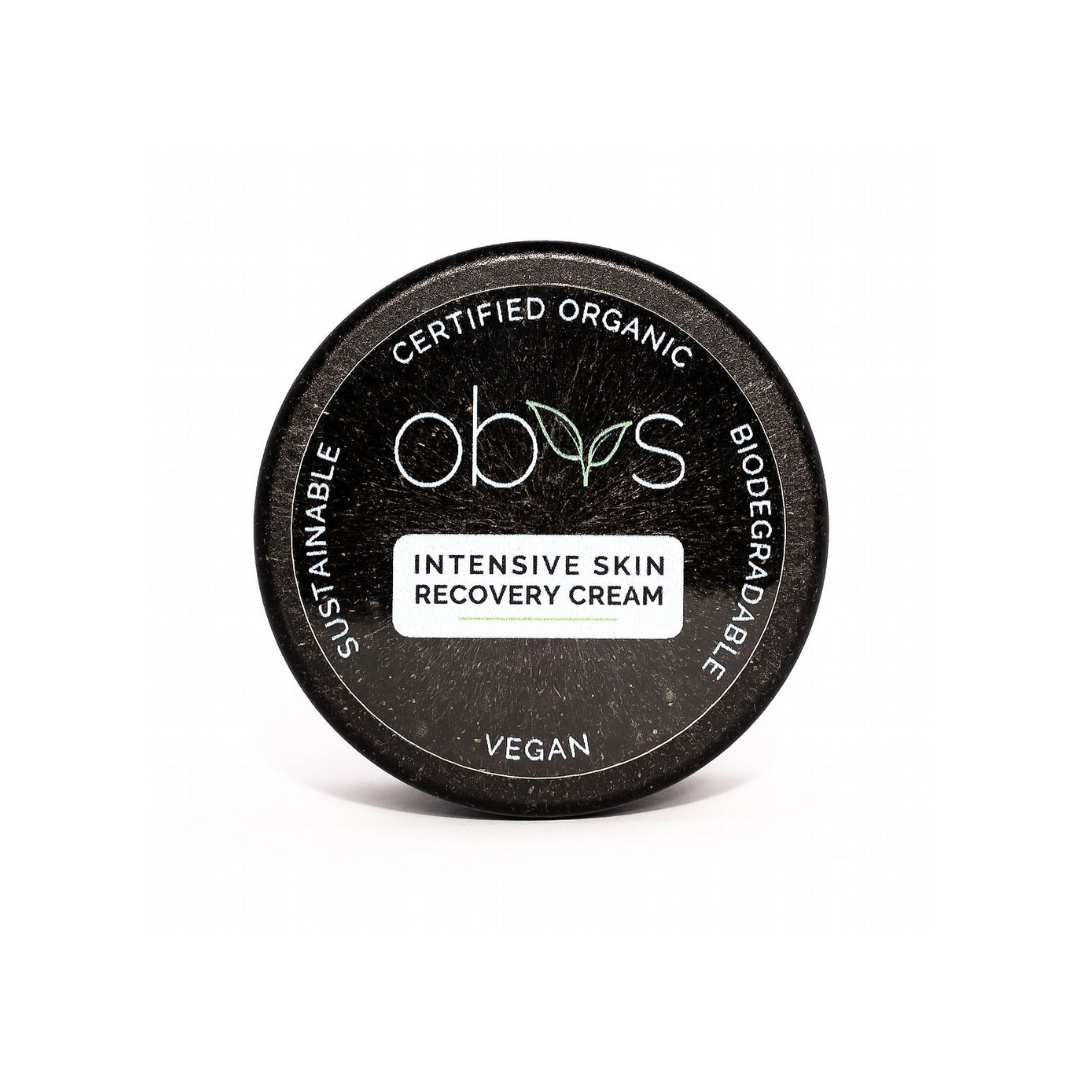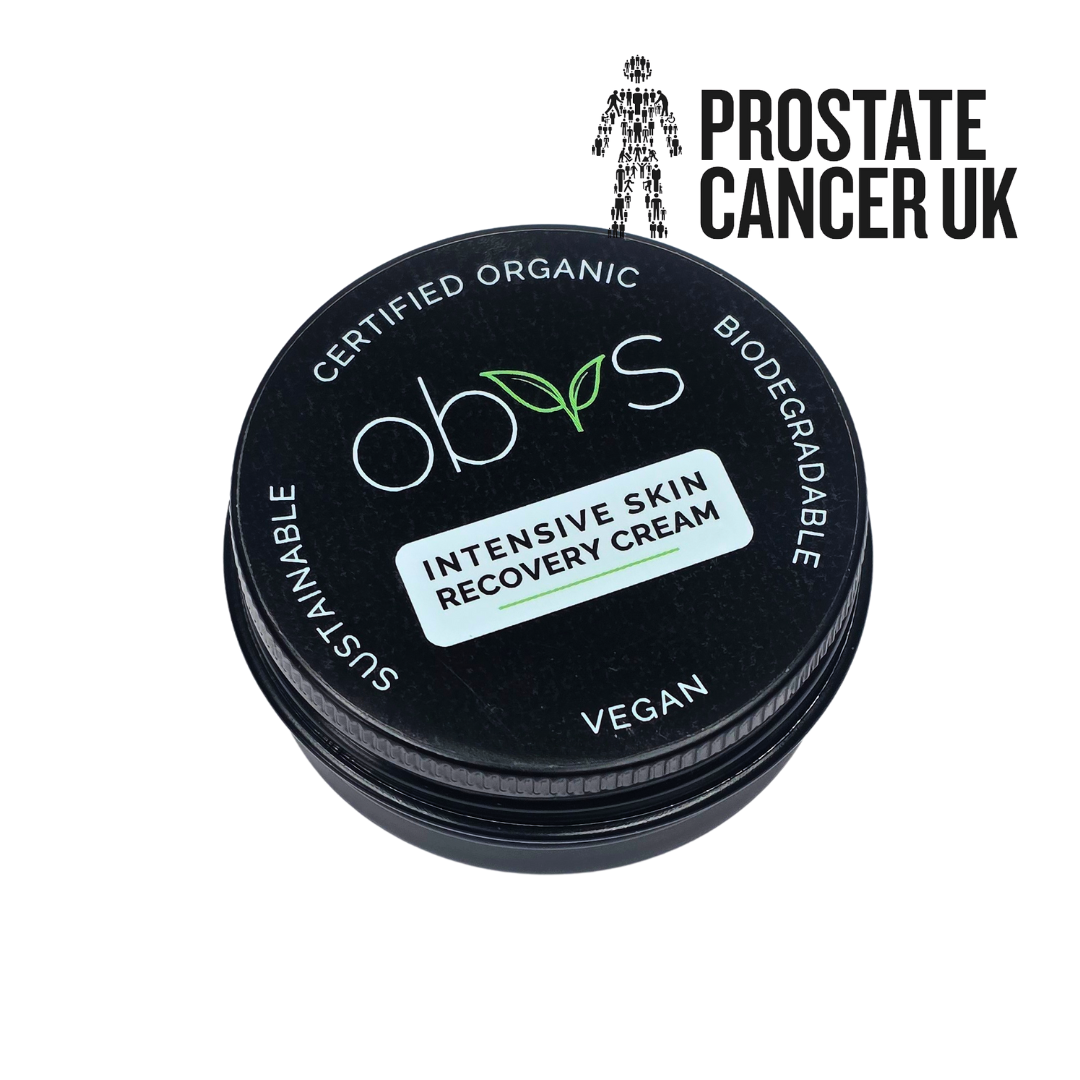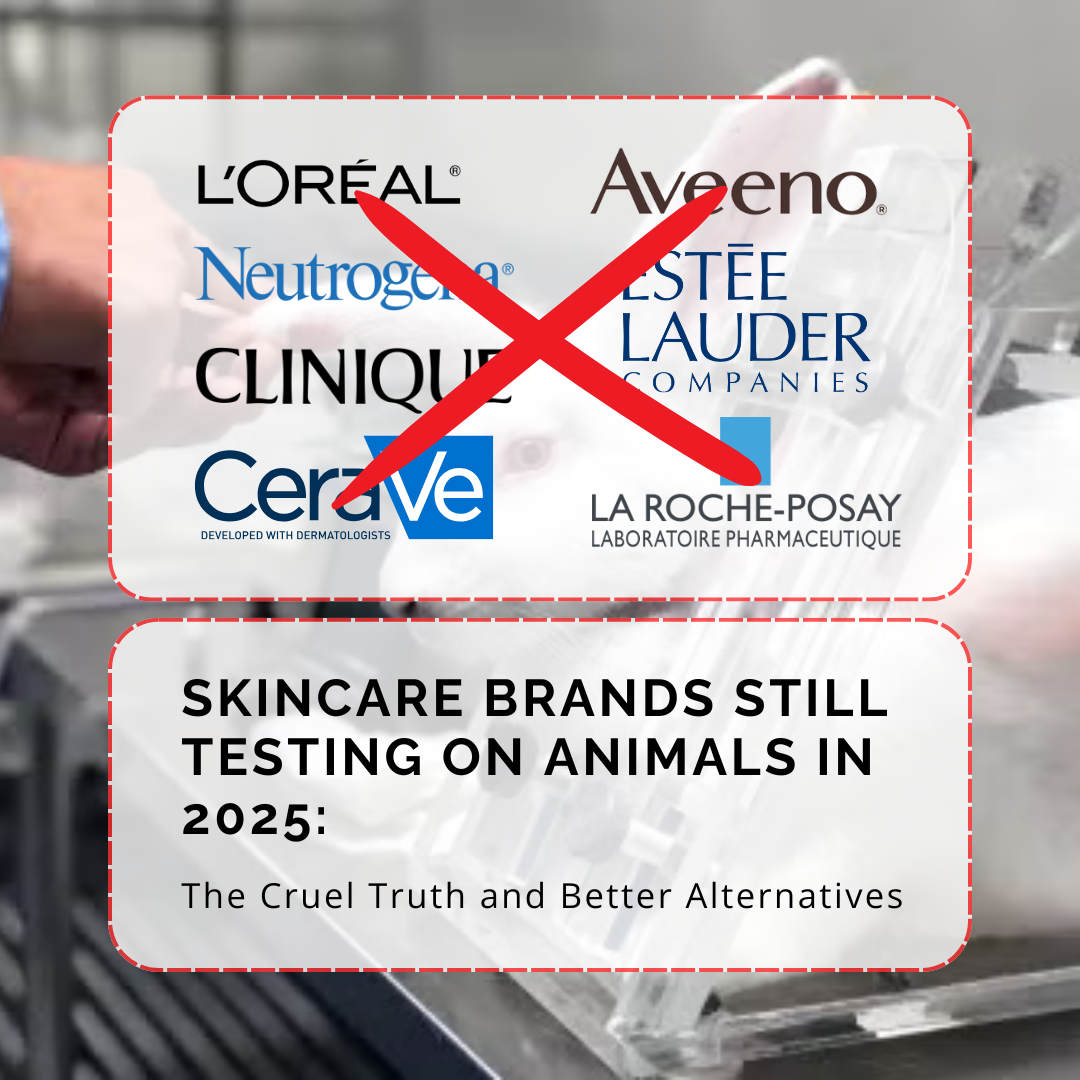
Skincare Brands Still Testing on Animals in 2025: The Cruel Truth and Better Alternatives
Share
Today I’m diving deep into a topic that’s close to my heart: the grim reality of animal testing in skincare in 2025. Despite the global push for cruelty-free beauty, some big-name brands still subject animals to painful, outdated tests.
According to Cruelty Free International - one of the most trusted voices in ending cosmetic animal testing - several skincare giants persist in this practice, often driven by profit and outdated regulations rather than ethics or science. In this blog, I’ll expose these brands, explain why they do it, reveal the marketing ploys they use to dodge accountability, and highlight cutting-edge alternatives that are not only kinder but also scientifically superior. Plus, I’ll tell you why my brand, Obvs Skincare, proudly stands apart as a beacon of ethical beauty.
The Brands Still Testing on Animals in 2025
Cruelty Free International’s work has long spotlighted brands that test on animals, either directly or through legal requirements in markets like China. As of 2025, while some progress has been made, certain skincare giants remain on the wrong side of history. Based on their ongoing sales in mainland China—where pre- and post-market animal testing can still be mandated for certain cosmetics—and their vague or evasive animal testing policies, here are three offenders I’m 100% certain are still implicated:
L’Oréal Paris
Evidence: L’Oréal, a skincare titan with lines like CeraVe and La Roche-Posay, openly admits on its website that it tests “where required by law.” This is a direct reference to China, where imported “special-use” cosmetics (e.g., sunscreens) and post-market safety checks can still involve animal testing in 2025, despite relaxed pre-market rules for “general” cosmetics since 2021. Cruelty Free International has consistently excluded L’Oréal from its Leaping Bunny programme due to this policy.
Marketing Ploy: L’Oréal touts its “commitment to end animal testing” and boasts about funding alternative methods. Yet, this is a smokescreen—by selling in China, they knowingly fund animal tests conducted by third parties, distancing themselves with phrases like “we don’t test unless required.” It’s a calculated move to keep profits high while feigning ethics.
Estée Lauder (including Clinique and Aveeno)
Evidence: Estée Lauder’s brands, such as Clinique and Aveeno, are sold in Chinese stores, subjecting them to potential post-market animal testing. Their policy mirrors L’Oréal’s: “We do not test on animals except where required by law.” Cruelty Free International rejects this loophole, as it shows a willingness to prioritise market access over animal welfare.
Marketing Ploy: Clinique markets itself as “allergy-tested” and “dermatologist-approved,” subtly implying safety and care without addressing the rabbits and guinea pigs harmed in China. Aveeno leans on its “natural ingredients” image, conveniently omitting that those ingredients may be tested on animals overseas.
Neutrogena (Johnson & Johnson)
Evidence: Neutrogena, under Johnson & Johnson, continues to sell in mainland China, where animal testing remains a risk for imported cosmetics. Their FAQ states they “don’t test on animals except in rare cases required by government regulations”—a clear nod to China’s laws. Cruelty Free International’s stance is firm: any brand allowing this cannot be cruelty-free.
Marketing Ploy: Neutrogena plays the “science-backed” card, highlighting dermatologist endorsements and clinical studies to deflect from the ethical stain of animal testing. It’s a classic case of hiding cruelty behind a polished, professional veneer.
Why They Do It: Profit Over Principle
So why, in 2025, with all we know about animal suffering and modern science, do these brands persist? The answer lies in China’s £55 billion beauty market. Since 2021, China has relaxed pre-market testing for “general” cosmetics (like moisturisers), allowing alternatives like safety certificates. However, “special-use” products (e.g., sunscreens) and post-market testing—triggered by safety complaints—can still require animals. Brands like L’Oréal, Estée Lauder, and Neutrogena choose to comply rather than lose access to this lucrative market. It’s a cold cost-benefit equation: a few thousand rabbits’ eyes are worth less to them than billions in revenue.
Animal testing is barbaric. Rabbits endure chemicals dripped into their eyes without pain relief in the Draize test, while guinea pigs have their skin shaved and smeared with irritants. These tests can last weeks, ending in death by asphyxiation or neck-breaking. It’s not just cruel—it’s unnecessary. The science backs this up, yet these brands cling to outdated practices for profit.
Superior Alternatives: Science That Saves Lives
The good news? We don’t need to harm animals for safe skincare. Modern alternatives are faster, cheaper, and more accurate than animal tests, which often fail to predict human reactions. Here’s what these brands could—and should—use instead:
In Vitro Testing
How It Works: Human skin cells, grown in labs from donated tissue, are exposed to ingredients. Tests like the EpiDerm model assess irritation or toxicity.
Why It’s Better: Human cells mirror our biology, unlike rabbits (whose eyes differ structurally). Studies show in vitro tests predict human skin reactions with over 85% accuracy, compared to the Draize test’s 60% reliability.
In Silico Modelling
How It Works: Computer algorithms analyse an ingredient’s chemical structure against vast toxicity databases, predicting effects without a single test tube.
Why It’s Better: It’s lightning-fast and eliminates biological variability. Research from the European Chemicals Agency (ECHA) in 2023 found in silico models matched or exceeded animal test accuracy for 90% of endpoints like skin sensitisation.
3D Bioprinted Skin
How It Works: Bioengineered human skin, complete with layers like the epidermis and dermis, is printed and tested.
Why It’s Better: It replicates human responses with near-perfect fidelity. A 2024 study in Nature Biotechnology showed 3D skin models detected irritants missed by animal tests, with 95% specificity.
These methods aren’t sci-fi—they’re here, validated, and widely used by ethical brands. Yet L’Oréal and co. drag their feet, citing “regulatory acceptance” in China. That’s a weak excuse when they could lobby for change or simply refuse to sell there, as truly cruelty-free brands do.
The China Conundrum and Corporate Cowardice
China’s laws are the linchpin. While pre-market testing for general cosmetics was lifted in 2021, special-use products and post-market checks remain a threat. Brands argue they’re “forced” to comply, but this is cowardice masked as pragmatism. Ethical companies—like mine—say no. If a country demands animal suffering, we walk away. These giants, though, twist the narrative with phrases like “we’re working towards a cruelty-free future,” banking on your ignorance of the blood behind their bottles.
Obvs Skincare: A Better Way
That’s where Obvs Skincare shines. We’re proud to be Cruelty Free International Leaping Bunny certified, meaning no animal testing occurs at any stage of our supply chain—ever. The Leaping Bunny is the gold standard: it demands a fixed cut-off date beyond which no testing happens, rigorous supplier audits, and total transparency. We’re also Vegan Society and Soil Association COSMOS Organic certified, ensuring no animal-derived ingredients and the highest organic standards.
We’ll never sell in countries like China where animal testing is law. Why? Because no market is worth an animal’s pain. Our products—crafted with science and compassion—prove you can have effective, luxurious skincare without cruelty. We use safe, established ingredients and modern testing methods, leaving animals out of it entirely.
The Call to Action
Animal testing is a relic—cruel, inaccurate, and indefensible. Brands like L’Oréal, Estée Lauder, and Neutrogena hide behind slick marketing and half-truths, but the evidence is clear: they test on animals in 2025, and they don’t have to. As consumers, you hold the power. Choose brands like Obvs Skincare that stand for kindness and innovation. Together, we can make cruelty a thing of the past and look for the certified logo.
Love,
Sian
